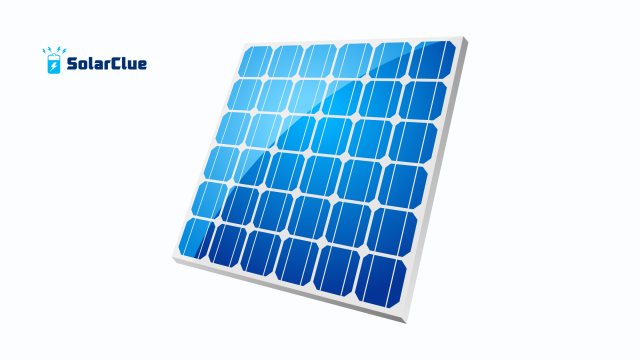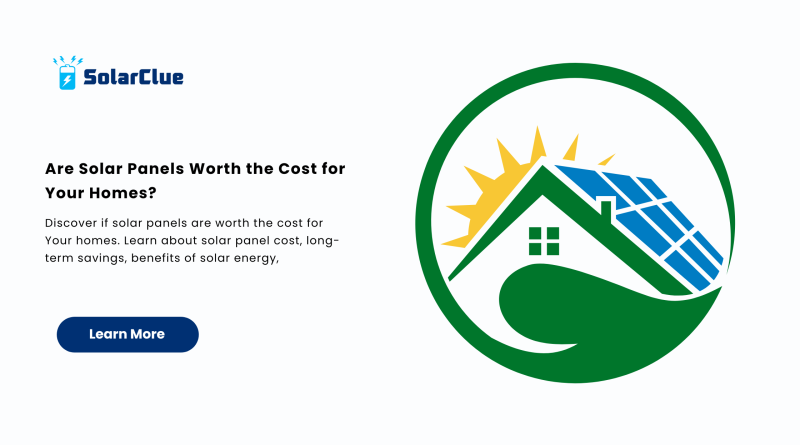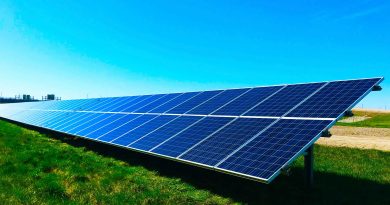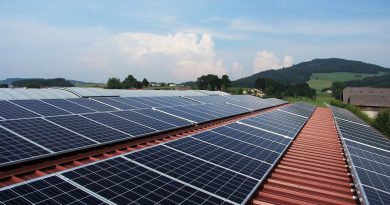Are Solar Panels Worth the Cost for Your Homes?
With energy costs rising and environmental concerns growing, homeowners are increasingly considering renewable energy sources. One of the most accessible and impactful options is installing solar panels. But the question remains: Are solar panels worth the cost for Your homes?
Let’s break down the expenses, savings, environmental impact, and long-term benefits of adopting solar energy in your household.
Table of Contents
- 1 What Is a Solar Panel and How Does It Work?
- 2 Average Solar Panel Cost for Homes
- 3 How Much Can You Save with Solar Energy?
- 4 Choosing the Best Solar Panel
- 5 Factors That Affect Solar Power Efficiency
- 6 Maintenance and Lifespan
- 7 Solar Power and the Environment
- 8 Net Metering and Extra Savings
- 9 Do Solar Panels Increase Home Value?
- 10 Incentives That Make Solar More Affordable
- 11 Myths vs. Facts: Debunking Solar Panel Misconceptions
- 12 Is Solar Right for Every Home?
- 13 Financing Your Solar Installation
- 14 Real-World Case Study: A Family’s Solar Journey
- 15 How to Get Started
- 16 Final Verdict: Are Solar Panels Worth the Cost?
- 17 FAQs
What Is a Solar Panel and How Does It Work?
A solar panel consists of photovoltaic (PV) cells that convert sunlight into electricity. When installed on rooftops or open land, these panels generate DC electricity, which is then transformed into AC power using an inverter — the type used in homes.
This solar power can either power your home directly, charge batteries, or be sent back to the grid for credits through net metering, depending on your setup.
Average Solar Panel Cost for Homes
One of the biggest concerns for homeowners is the solar panel cost. A complete solar power system for a typical home can range from $15,000 to $25,000 before incentives. This may include:
-
Solar panels
-
Inverters
-
Mounting equipment
-
Wiring
-
Installation labor
However, federal and state incentives can significantly reduce this cost. The current federal solar Investment Tax Credit (ITC) covers 30% of the installation price, and many states offer additional rebates or tax credits.
How Much Can You Save with Solar Energy?
On average, homeowners can save between $1,000 and $2,000 annually on electricity bills after installing solar panel for home systems. These savings can increase if:
-
You live in a high electricity rate area
-
Your home gets ample sun exposure
-
Local net metering policies are favorable
Over 25 years, that’s $25,000 to $50,000 in savings — a significant return on investment for most families.
Choosing the Best Solar Panel
Selecting the best solar panel involves comparing efficiency, warranties, and price. Higher-efficiency panels often cost more upfront but generate more electricity over time, offering better long-term value.
Top-performing brands include:
-
SunPower
-
Panasonic
-
REC Group
-
LG
Each offers durable products with warranties ranging from 20 to 25 years.
Factors That Affect Solar Power Efficiency
To get the most out of your solar energy investment, consider:
-
Roof orientation and angle – South-facing roofs maximize sunlight.
-
Shade – Avoid shaded areas or use micro-inverters for partial shading.
-
Panel quality – Premium panels yield better output over time.
An energy audit or solar consultant can help assess your home’s suitability.
Maintenance and Lifespan
Another advantage of solar panels is low maintenance. Once installed, they require only occasional cleaning and yearly inspections. Most solar power systems come with warranties ensuring 80% efficiency for up to 25 years.
Solar Power and the Environment

Using solar energy significantly reduces greenhouse gas emissions. Switching to solar power for home use can prevent the release of 3–4 tons of CO₂ annually — that’s the equivalent of planting over 100 trees every year.
Net Metering and Extra Savings
Net metering allows homeowners to earn credits by feeding excess power back into the grid. These credits can be used to offset night-time or cloudy day usage, increasing your solar panel for home ROI and pushing energy bills even lower.
Do Solar Panels Increase Home Value?
Yes! According to Zillow, homes with solar panels sell for about 4.1% more. Buyers appreciate the promise of lower utility costs and energy independence, making solar power a strong selling point.
Incentives That Make Solar More Affordable
In addition to the 30% federal tax credit, other incentives may include:
-
State and local rebates
-
Sales and property tax exemptions
-
Performance-based incentives (PBIs)
-
Solar Renewable Energy Certificates (SRECs)
These incentives can reduce upfront solar panel cost and improve ROI.
Myths vs. Facts: Debunking Solar Panel Misconceptions
-
Myth: Solar panels don’t work in cloudy weather.
Fact: Panels still generate electricity even on overcast days. -
Myth: They require high maintenance.
Fact: Yearly checks and occasional cleaning are usually enough. -
Myth: They’re only for hot climates.
Fact: Cold, sunny areas often yield more electricity due to better efficiency at lower temperatures.
Is Solar Right for Every Home?
Not necessarily. Factors like tree cover, roof size/angle, HOA rules, and historical site restrictions can limit feasibility. However, many homes can benefit — a professional evaluation will help you find out.
Financing Your Solar Installation
If upfront costs are a hurdle, financing options include:
-
Solar loans
-
Leases
-
Power Purchase Agreements (PPAs)
These options make it easier to adopt solar energy without draining your savings.
Real-World Case Study: A Family’s Solar Journey
A family in Arizona installed a 6kW solar panel for home system. After incentives, their out-of-pocket cost was $14,000. Within 8 years, the system paid for itself through energy savings. They’re now enjoying an average $150/month reduction in their electricity bill and added resale value.
How to Get Started
-
Get a home energy audit.
-
Find a licensed solar installer.
-
Compare quotes.
-
Apply for available rebates and tax credits.
-
Choose your solar power system and schedule installation.
You can start by exploring tools and resources on SolarClue.com and browsing expert insights on blog.solarclue.com.
Final Verdict: Are Solar Panels Worth the Cost?
Absolutely. For most homeowners, solar panels offer long-term savings, increased home value, and a cleaner environmental footprint. With government incentives and falling panel prices, there’s never been a better time to invest in solar power.
So if you’ve ever wondered, “Are solar panels worth the cost for Your homes?”, the answer is yes — financially, environmentally, and practically.
Interested in making the switch? Take your first step toward energy freedom today by visiting SolarClue.com. And don’t forget to dive deeper into real-life stories and expert tips at blog.solarclue.com. Your solar journey starts here!
FAQs
1. How long does it take for solar panels to pay for themselves?
Usually between 6 to 10 years, depending on energy use and incentives.
2. Can solar panels power a whole house?
Yes, especially with battery storage, they can power most or all household needs.
3. Will solar panels work during a power outage?
If you have a battery backup system, yes. Otherwise, grid-tied systems shut down for safety.
4. Do I need to replace my roof before installation?
It’s recommended if your roof is old or needs repairs, as panels last 25+ years.
5. Are solar panels really good for the environment?
Yes, they reduce dependency on fossil fuels and lower greenhouse gas emissions.




